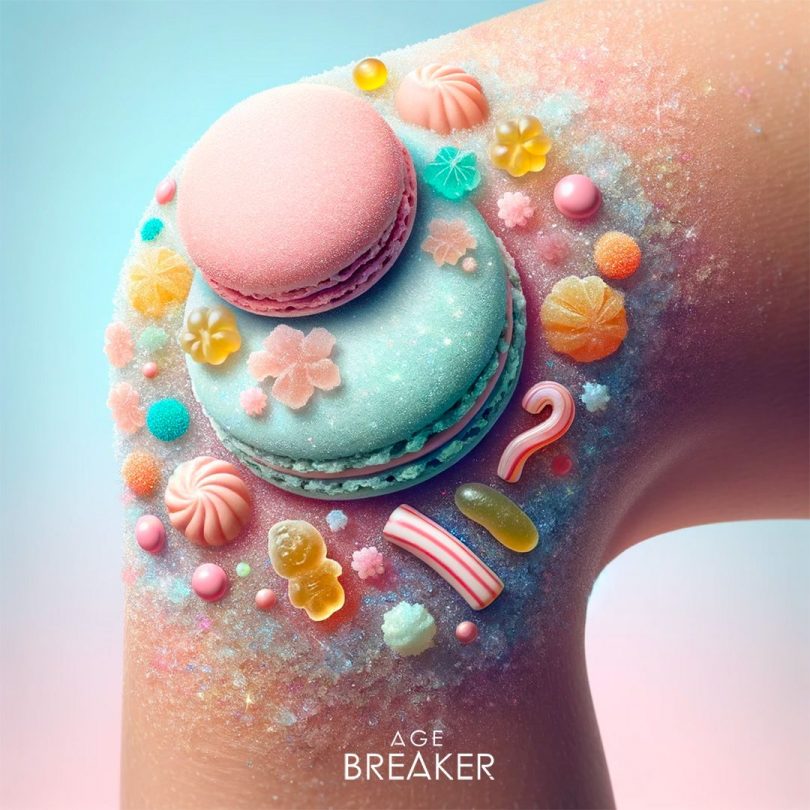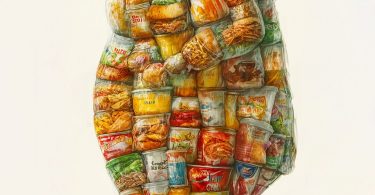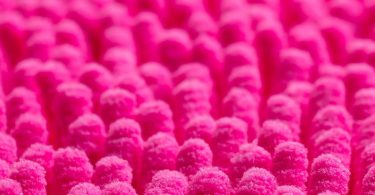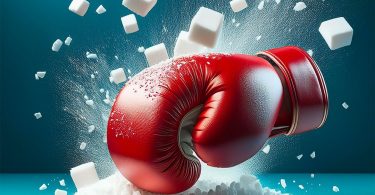Cartilage glycation, a major early cause of knee osteoarthritis?
The knee is a strategic joint. In daily use, the knees support the body and ensure its essential flexion and extension movements.
Osteoarthritis of the knee, a chronic inflammation, corresponds to uninterrupted wear of the articular cartilage. It is a highly disabling condition. It progresses with age: 3% of the population before the age of 45, 65% after 65 and 80% over 80.
To date, knee osteoarthritis has no obvious cause.
A study published in March 2024 shows that calcification of the meniscus, an essential cartilage in the knee joint, is a major cause and early indicator of knee osteoarthritis. This calcification is thought to result from glycation of the proteins constituting the menisci (1).
As a reminder, glycation, which results from the binding of ingested sugars to proteins in the body, particularly affects slow-renewing proteins such as collagens, the main components of joints, including menisci.
Current treatments for knee osteoarthritis are mainly aimed at relieving pain, but do not stop the progression of osteoarthritis, which becomes intolerable and ultimately often requires surgery.
Targeting glycation, through lifestyle interventions and appropriate supplementation, is emerging as a potential new therapeutic strategy for knee osteoarthritis, particularly in the early stages.
© AGE Breaker 03 2024
[Glycation is one of the major causes of aging. Resulting from the fixation of sugars on the proteins constituting the organism, glycation generates toxic compounds that cause cellular aging. Glycation is particularly involved in metabolic disorders, skin aging and cognitive decline.] [AGE BREAKER, patented nutritional supplements, based on rosmarinic acid, recognized by aging specialists around the world for their properties to reverse the effects of glycation.]More on www.agebreaker.com
#agebreaker #glycation #antiaging #longevitymedicine #preventivemedicine #preventivehealth #skinaging #4pmedicine #advancedglycationendproducts
(1) : Yang, S., Xie, J., Pan, Z. et al. Advanced glycation end products promote meniscal calcification by activating the mTOR-ATF4 positive feedback loop. Exp Mol Med (2024). https://doi.org/10.1038/s12276-024-01190-6









